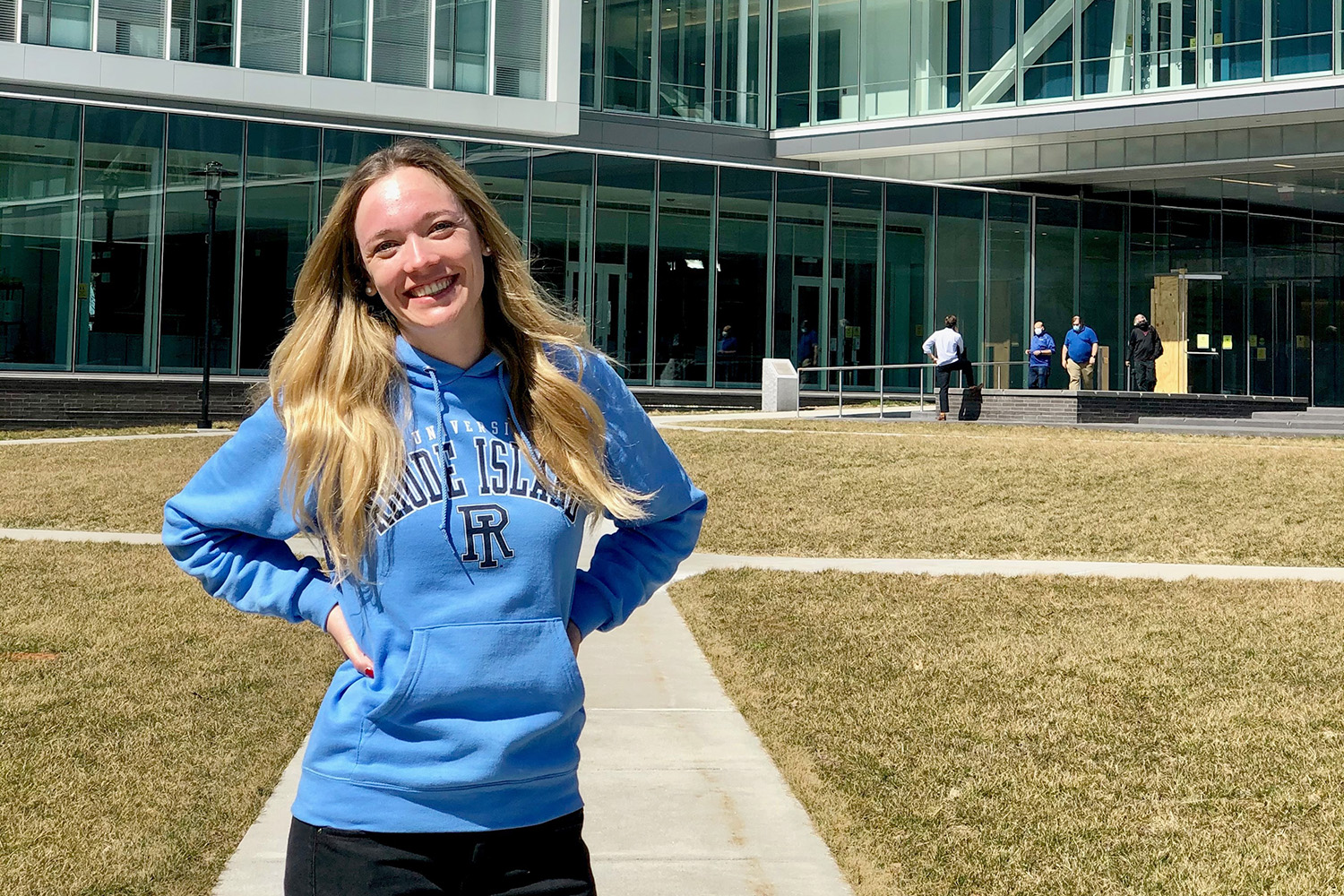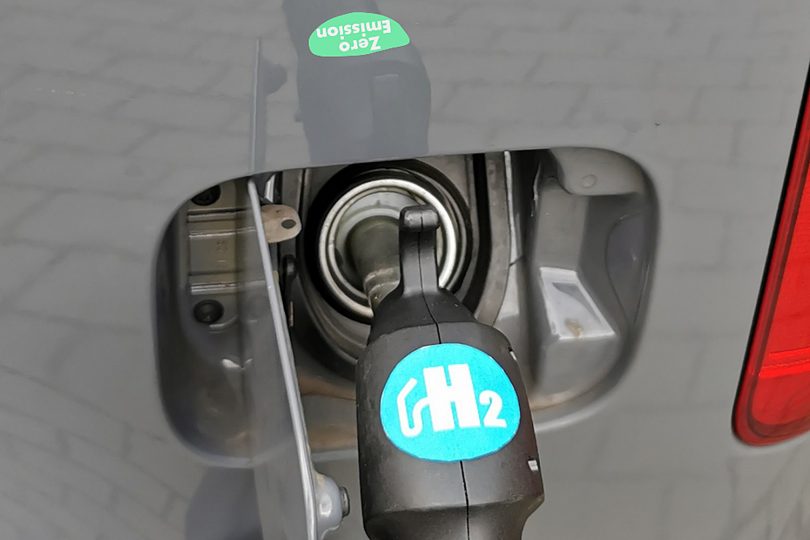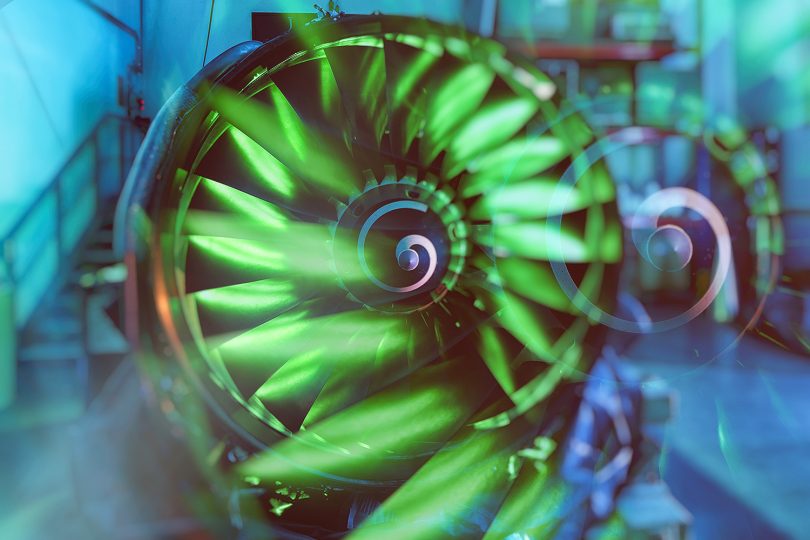Life Cycle Assessment for a Hydrogen Aircraft Luisa Lindner researches at the University of Rhode Island – funded by SE²A
To travel to her new place of study in Rhode Island, USA, Luisa Lindner still had to board a conventional airplane. In her master’s thesis, which she is currently writing at the University of Rhode Island, the mechanical engineering student from the TU Braunschweig is investigating whether long-haul aircraft powered by fuel cells could be a more sustainable alternative in the future – funded by the Cluster of Excellence SE²A (Sustainable and Energy-Efficient Aviation) at the TU Braunschweig.

Overjoyed and motivated: Luisa Lindner in front of the engineering building at the University of Rhode Island, where she is currently conducting research for her master’s thesis – funded by the Cluster of Excellence SE²A. Photo: Luisa Lindner
Ms. Lindner, what specific topic are you researching in your master’s thesis?
I am working on modeling and evaluating the environmental impact of a long-range aircraft powered by fuel cells. This life cycle analysis, also known as life cycle assessment, is about systematically analyzing the environmental impacts of a product throughout its entire life cycle – from production to service life to disposal. I am still at the beginning of my evaluations. That’s why it remains exciting to see how such a life cycle assessment for a hydrogen-powered aircraft will turn out.
Why did you choose this topic?
Sustainability is an important topic for me that runs like a thread through my studies as a research focus. I myself like to travel and fly, but I want to keep the impact on the environment as low as possible. Innovative technologies are needed to find more sustainable solutions – and it is the job of engineers to develop them. In my bachelor’s degree, I studied mechanical engineering with a focus on aerospace technology. In my master’s program at the Technical University of Braunschweig, where I majored in production and systems engineering, the focus is on sustainability and life cycle management. In my student research project, I analyzed the environmental impact in the production of lithium-sulfur batteries for aerospace applications. Here at the university in Rhode Island, my research focuses on optimization, quality engineering and lean systems.
How did you come to study abroad at the University of Rhode Island?
I am completing a dual degree program that allows me to study abroad at both TU Braunschweig and one of its partner universities. My master’s thesis will be recognized by both universities, and I will receive the national degree at both universities. My degree at TU Braunschweig is a Master of Science Mechanical Engineering, and the degree at the University of Rhode Island is a Master of Science Systems Engineering. For additional push to study abroad, the funding from SE²A has provided. I am participating in the “SE²A International Female Programme – International master’s projects.” The international experience is very important to me – so it’s very exciting that it worked out despite the difficult boundary conditions due to Corona.
Thank you.


